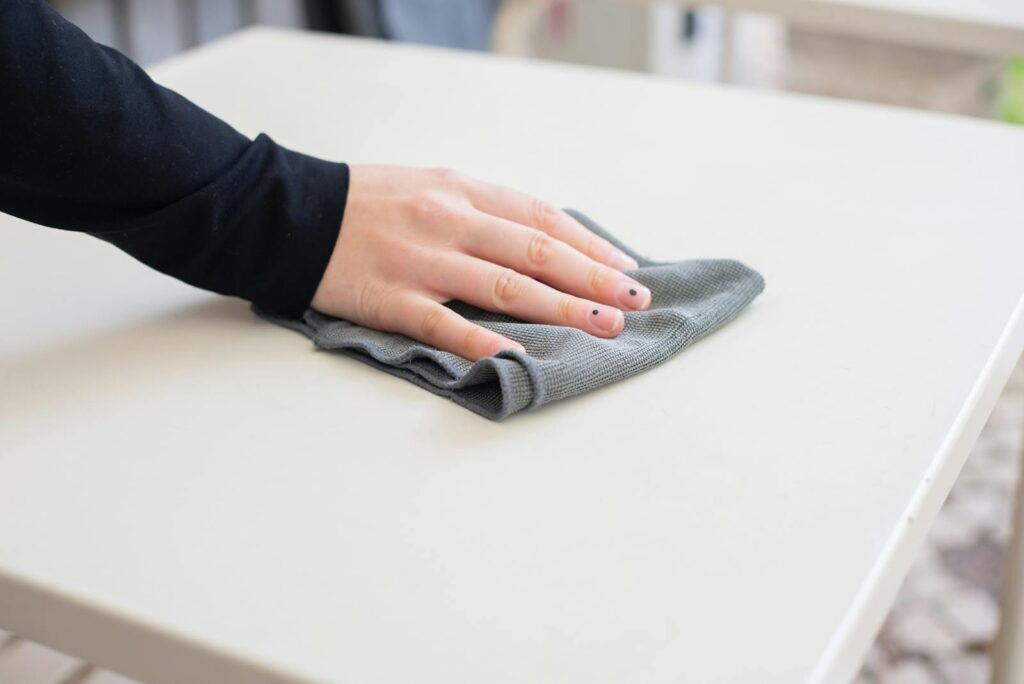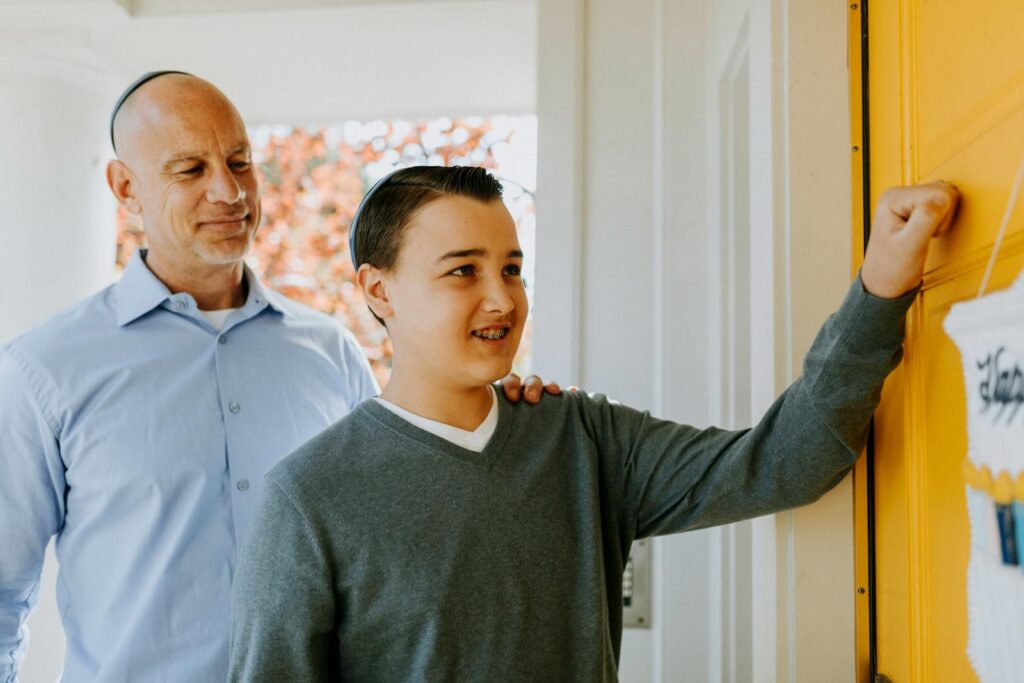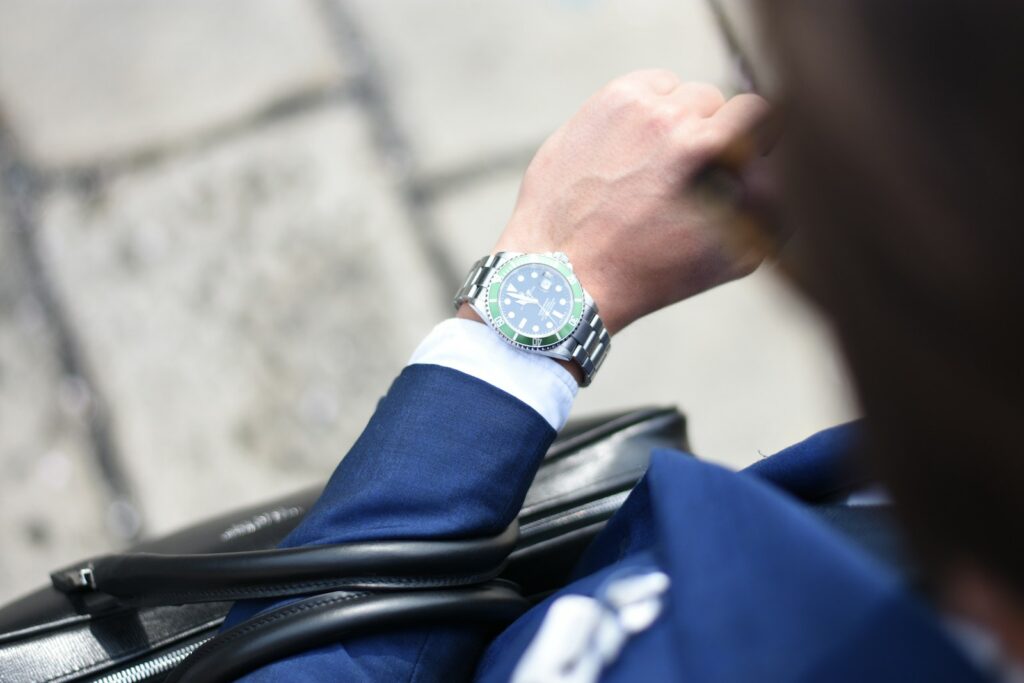
Upbringing slips through the cracks of daily life. It shows in how people interact with servers, how they respond to mistakes, and whether they leave things better than they found them. You can tell who grew up around patience and who didn’t. Manners aren’t rehearsed—they’re remembered. The smallest habits often reveal the deepest lessons, the ones learned quietly at home without anyone realizing they’d last forever.
They Say Thank You Without Thinking

It comes out before thought. A soft thank you to the driver when the bus stops. Another went to the server, placing water on the table. No pause. No show. It sounds lived in. Childhood meals taught me to carry weight with small words. Now the habit runs on its own and smooths edges in busy places. People breathe easier around it. Doors hold a second longer. Lines move cleaner. Warmth, passed along.
They Clean Up After Themselves

You can tell they’ve done this forever. The chair goes back, crumbs brushed away, the light switch clicked off as they leave. No one asks. It’s not tidy pride, it’s care for whoever comes next. They grew up where help wasn’t optional—everyone handled something. The habit never needed explaining again. It’s just how they keep life smooth without making a big deal out of it.
They Listen All the Way Through

You can tell a lot about someone from how they listen. Those who let you finish without interrupting likely grew up in an environment where patience was valued. They make eye contact, nod lightly, and wait through the pauses. No rushing, no rehearsed replies. It’s more than politeness—it’s curiosity. They learned that being quiet isn’t about losing your voice. It’s about giving others room to use theirs.
They Handle Embarrassment Calmly

A slip happens. Coffee dots a sleeve. A name comes out wrong. They steady, smile once, and keep going. No big apology that drags on for a minute. That ease was learned in rooms where a towel beat a scolding. Fix the small thing. Reset the moment. Move forward. People nearby relax, and the noise fades. Grace becomes practical, like spare pins in a bag, for later.
They Notice Who’s Left Out

They pick up on it without trying. Someone is standing nearby, not involved, and pretending to be busy. They ease the tension a little, say something small, or make space so the person feels welcome. It’s not forced or planned. They know what it’s like to be overlooked once. That memory shaped them more than they realize.
They Apologize Without Excuses

When they say sorry, it sounds real. No long story, no reason attached to soften it. Just the words and a tone that feels steady. They fix what they can and move on. That kind of honesty doesn’t appear out of nowhere. It begins in places where taking responsibility takes precedence over saving face. They learned early that trust grows faster when you stop trying to look perfect.
They Treat Service Workers Kindly

They talk to everyone the same way: the person taking orders, the driver at the gate, or the cleaner stacking chairs. Their voice is patient. No act, no switch in tone. It’s a habit now. They were raised around people who respected effort, no matter who gave it. That sense of equality stayed with them, quietly shaping how they move through the world.
They Knock Before Entering

They don’t step in until they’re sure it’s fine. It’s such a small thing, but it tells you everything. They grew up in an environment where personal space mattered, even inside one’s home. That moment before crossing in means something to them. It’s not about rules or politeness. It’s simply how they show care without needing to say it.
They Stay Polite When Frustrated

Manners under pressure show the truth. Someone who still says “please” when the line is slow or the order’s wrong learned that decency shouldn’t depend on mood. Calm voices replace sharp sighs. They take a breath instead of snapping. That control isn’t forced—it’s familiar. It’s what happens when patience wasn’t optional growing up, but expected as part of being decent.
They Don’t Brag About Being Kind

There’s a certain humility that comes from being raised right. People who were taught to do good quietly don’t need attention for it. They help, they give, and they move on. No posts, no praise requests. It’s not self-denial—it’s comfort with doing what’s right without an audience. Those raised around quiet kindness learned that goodness speaks loudest when left unsaid.
They Remember the Small Things

Someone who remembers you like black coffee or that your dog was sick last week didn’t just memorize facts—they paid attention. That kind of memory comes from care, and care is something that is taught. When children grow up around people who listen closely, they carry that habit into adulthood. Remembering details becomes their way of saying, “You matter.” It’s gentle, but it leaves a mark.
They Respect Time

Showing up when promised is simple, yet it says everything. People who value time were raised to understand it’s not just their own that matters. They plan, check the traffic, and send a quick text if they are delayed. They don’t see punctuality as pressure—it’s courtesy. Respecting schedules reflects respect for people. It’s an early lesson that grows into reliability without ever needing to be said aloud.
They Help Without Being Asked

The helpful ones don’t wait for cues. At gatherings, they grab empty cups or straighten chairs. They jump in where needed, not to prove anything, but because they can’t ignore what needs to be done. That habit usually came from homes where pitching in wasn’t optional. It was how love looked—hands busy, no spotlight. They don’t talk about teamwork. They live it.
They Stay Calm in Arguments

Their voice stays even. They listen to the last sentence before answering—a breath. A sip of water could be possible. They ask what was meant, not what was said in anger. That practice began at kitchen tables where talk didn’t turn into noise. It stuck. Now they keep the room usable while the problem is sorted. No winner. Just two people who can still hear well.
They Care for What They Own

Objects tell stories. A person who keeps things clean, folded, and in good condition learns that ownership comes with care. Their shoes aren’t spotless for show—they’re maintained out of respect. They treat what they have as if someone taught them to earn it. It’s not pride. It’s gratitude in motion, a small echo of being raised to value what’s given, not replace it carelessly.

